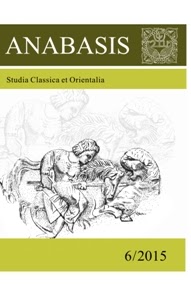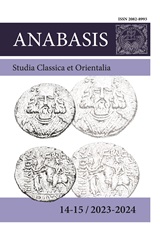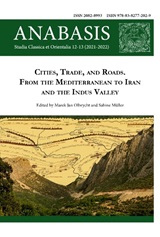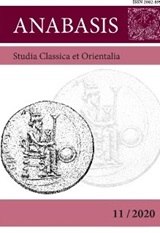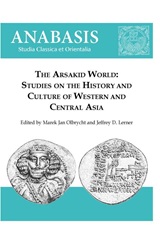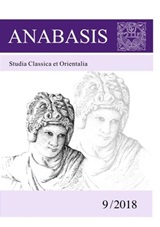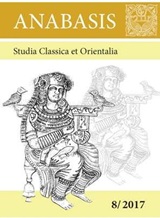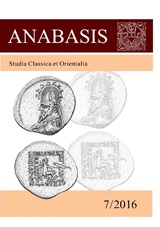Persia Beyond the Imperial Frontiers: the Nomads of the South Ural Region versus the Near East
Keywords:
Achaemenid empire, Iran, Arsacids, South Ural region, nomads, Central AsiaAbstract
This article addresses selected issues concerning the nomads of the South Ural region (= SUR), and their relations with Iran and the lands of the Trans-Caspian and Aral region as well as the Oxos/Amudarya Basin (including Chorasmia), in the Achaemenid and early post-Achaemenid periods. The cultures of the SUR were created by the Sauromatian and Sarmatian tribes belonging to the northern branch of the Iranian speaking peoples. Iran’s close political and cultural relations with the steppes stretching from Karakum and the northern marches of Hyrkania to the SUR had important repercussions for the history of Western and Central Asia, giving rise to the powerful Arsacid state. The Arsacids were descended from the nomadic Dahae, but they also had close connections with the Massagetae, another people inhabiting the Trans-Caspian and Aral region. Historical records on these peoples are sparse, which makes the archaeological material invaluable. A recently published volume by L. Yablonsky and M. Treister entitled Einflüsse der achämenidischen Kultur im südlichen Uralvorland (5.- 3. Jh. v.Chr.) (Vienna, 2013) contains an enormous amount of new material which will provide food for vigorous academic discussion on the nomads of the South Ural area and their mutual contacts with the Achemenid Empire, Central Asia, and post-Achemenid states of Western and Central Asia. The research conducted in the SUR over the past thirty years has yielded an astonishing number of artefacts defined as imports from Iran and Central Asia, or as imitations of luxury goods.
Downloads
Published
How to Cite
Issue
Section
License
Copyright (c) 2015 Anabasis. Studia Classica et Orientalia

This work is licensed under a Creative Commons Attribution-NonCommercial-NoDerivatives 4.0 International License.

